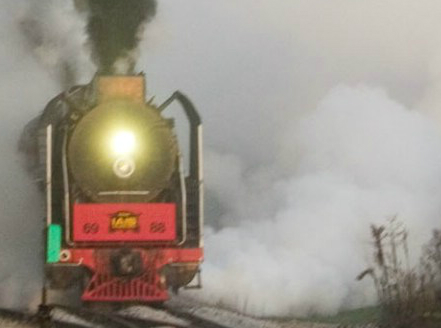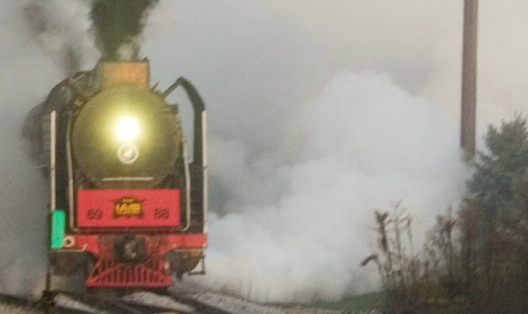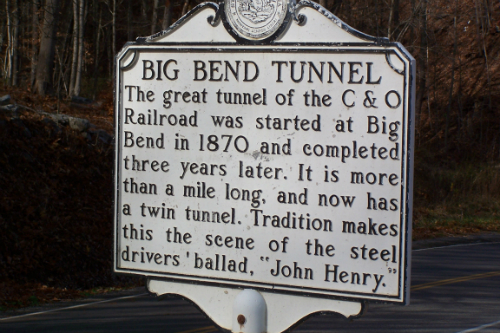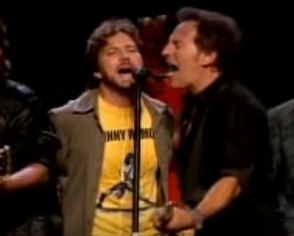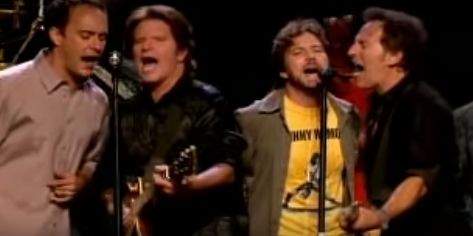Sing, People, Sing! this Sunday, 3-5 at the Senior Center
Everyone is welcome to join us for the last session of Sing, People, Sing! where we have been getting to know the new sing-along book “Rise Again.” This Sunday we’ll be focusing on the end of the book, with chapters called Seas and Sailors, Sing People Sing!, Struggle, Surfin’ USA, Time and Changes, Travelin’, and Work. We’ll meet at the Senior Center this Sunday, June 26, from 3:00 to 5:00. I’ve been collecting song information from all our sessions to help put together a good song list for our fall Family Folk Machine program.
Hope to see you this Sunday! All singers and instruments are welcome.

